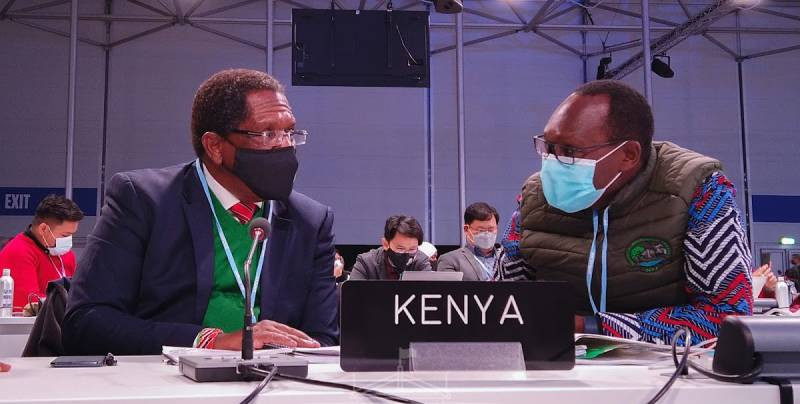As the world congregates at the Sharm El-Sheikh resort town in Egypt next week for the 27th United Nations Climate Change Conference (COP27), the role and place of grassroots and rural women and youth in climate action should be highlighted. 
From the time we adopted the National Climate Change Response Strategy in 2010, Kenya has been on a consistent path in adopting policies, laws and institutions on climate change. Through this strategy and other instruments that followed such as the first National Climate Change Action Plan (2013), the National Adaptation Plan (2015), the National Climate Change Framework Policy and the National Climate Change Act (2016), the country has taken steps to contain climate change. At the sub-national level, several county governments have enacted climate change laws and policies and are in the process of implementing them.